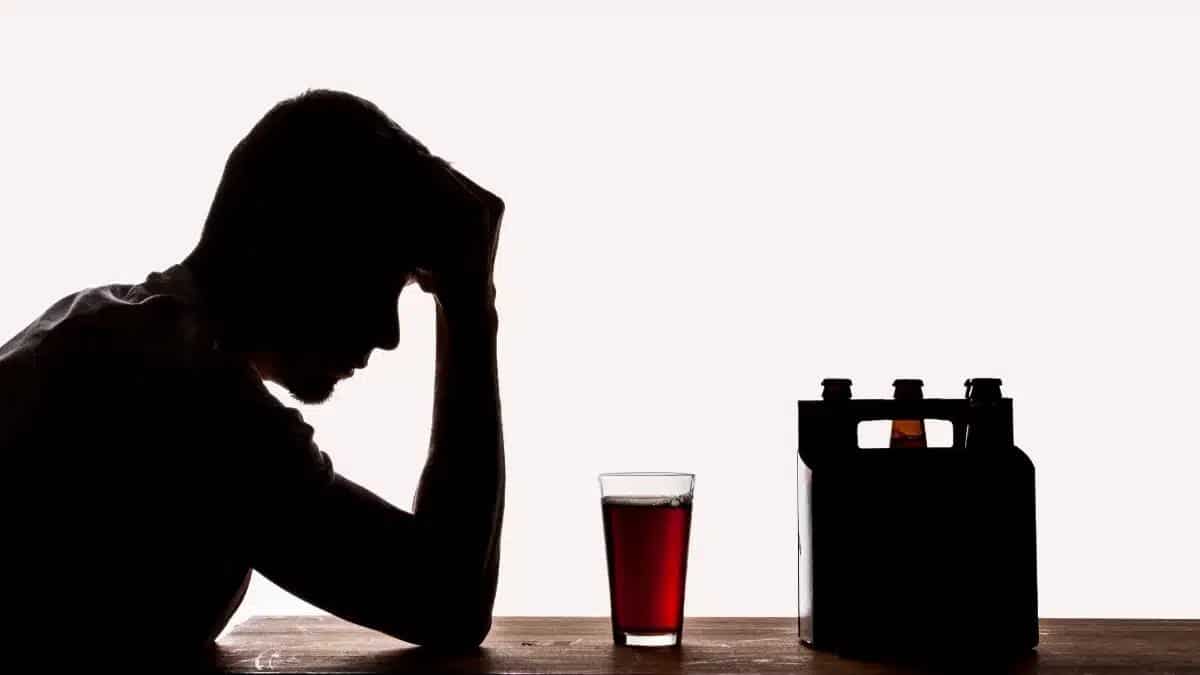Alcohol casts a significant influence on every facet of our body, including hormonal health.
Among the numerous functions it affects, hormonal balance stands as no exception.
Understanding its impact on testosterone levels is essential.
Testosterone is important in regulating sex drive, bone mass, muscle strength, and secondary sexual traits in men.
This article will discuss the question, “Will quitting alcohol increase testosterone?”
By the end, you’ll clearly understand the relationship between alcohol and testosterone levels.
Does drinking alcohol affect testosterone levels
Regular consumption of alcohol may affect a man sexually and his overall well-being.
Alcohol consumption can cause low testosterone which can further lead to muscle mass, low libido, and mood swings in men because it disrupts hormonal production.
There are three glands necessary for testosterone synthesis in men: the anterior pituitary, the hypothalamus, and the testes.
Alcohol may interfere with all three glands, which could influence testosterone production.
Alcohol abuse may result in additional weight gain for your body as well.
Estrogen, produced by fat cells, can either eradicate or neutralize any testosterone produced by the body.
In another study, patients with persistent alcoholism who drank a pint of whisky daily for 30 days were compared to testosterone levels in healthy males.
The healthy men’s testosterone levels dropped by the third day and reached alcoholic levels by the end of the month.
Regular alcohol consumption may also lead to sexual dysfunctions like Erectile Dysfunction (ED).
A healthy lifestyle with moderate alcohol consumption does not seem to harm reproductive health.
You can keep your hormone levels in check by avoiding junk food, eating a balanced diet, exercising, and getting enough sleep.
Save up to 90% on your medicine bills
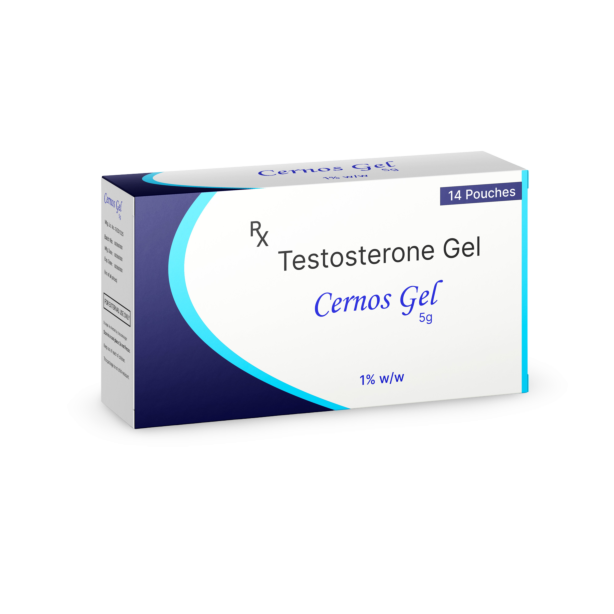
Cernos Gel 1% w/w
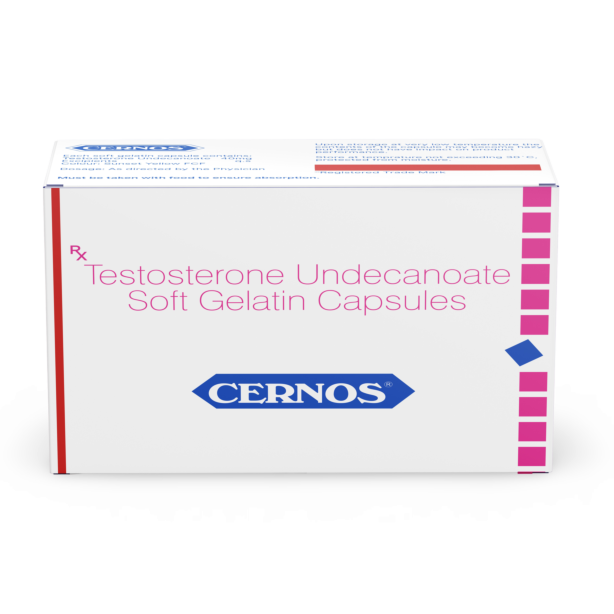
Cernos 40 mg Soft Gelatin Capsule
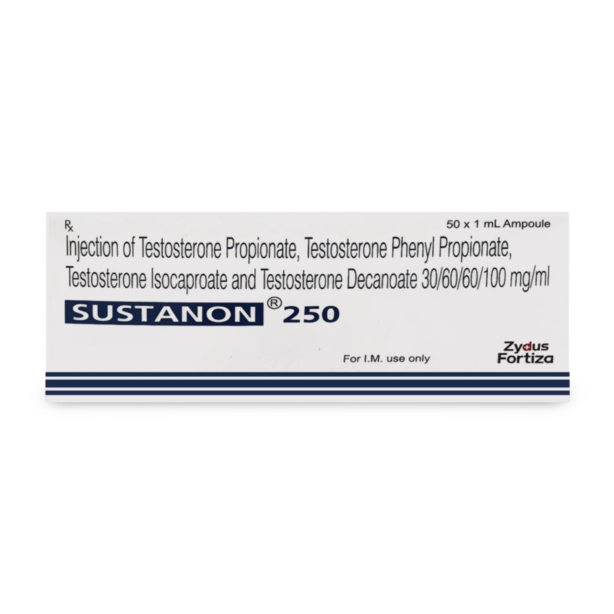
Sustanon 250 Injection
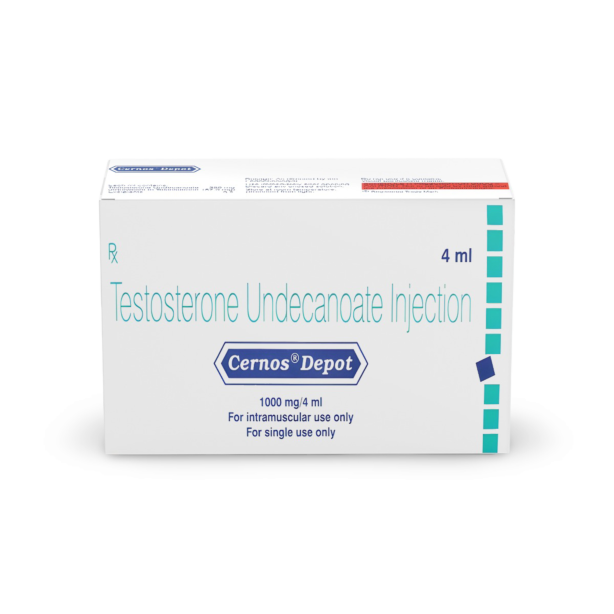
Cernos Depot 1000 mg Injection
Will quitting alcohol increase testosterone
 Source: D-keine_From_Getty_Images
Source: D-keine_From_Getty_ImagesYes, quitting alcohol may have positive effects on testosterone levels, especially for those who used to drink excessively.
Reducing or quitting may increase testosterone but restoring the original levels could take a long time.
According to a study on mice, damage to the male reproductive system can be partially repaired after ten weeks of abstinence.
This study implies a partial recovery even though studies on animals rarely translate to humans.
More research is required to determine how much the reproductive system may heal after quitting drinking.
Brain and testicular damage might be repaired with alcohol withdrawal, but some damage can be irreparable.
Recovery could take months or even years, depending on how much and how long you were drinking.
Your doctor may prescribe testosterone pills along with limiting alcohol intake to maintain testosterone levels.
Will quitting alcohol increase sperm count

Alcohol disrupts the performance of sertoli cells within the testes, which are crucial for the maturation of sperm.
According to a 2017 study, excessive drinking may negatively affect sperm morphology and semen volume.
Both parameters were unaffected significantly by moderate alcohol use.
Research also states that 50 percent of severe drinkers experienced spermatogenic stoppage as compared to 20 percent of men without alcohol addiction.
Another study states that heavy drinking before conception may increase the risk of congenital disabilities in the offspring.
Summing up
In general, alcohol consumption is not good for overall health and well-being.
Drinking excessively or regularly can disrupt hormone production, lowering testosterone levels.
Now, you may wonder, “Will quitting alcohol increase testosterone?”
Quitting drinking may restore testosterone levels, but the extent varies.
Adopting a balanced lifestyle, which includes a nutritious diet and frequent exercise, can help to keep hormone levels in check.

Frequently Asked Questions
Does quitting alcohol increase testosterone?
Yes, giving up alcohol may produce higher amounts of the male hormone testosterone. Alcohol abuse has been connected to a decrease in testosterone production.
While some damage may be repairable, others can take months or even years.
How does alcohol consumption impact one’s sperm quality?
Alcohol consumption might harm sperm production and quality. Frequent and excessive drinking can cause spermatogenic arrest.
This can prevent sperm from developing properly and result in a low sperm concentration in semen.
Can moderate alcohol consumption affect testosterone levels?
Moderate alcohol consumption might not have a significant effect on testosterone levels.
However, it is important to remember that alcohol inhibits the body’s ability to produce testosterone.
However, excessive or chronic drinking can still contribute to lowered levels.
How long after quitting do testosterone levels increase?
After quitting alcohol, testosterone levels typically rise within a few weeks. Significant improvements might occur within 4 to 6 weeks, but individual variations can occur
Are there other health benefits to quitting alcohol beyond testosterone levels?
Certainly, quitting alcohol can lead to several additional health benefits. These include improved liver function, enhanced mental clarity, better sleep quality, reduced risk of heart disease, and a lower likelihood of developing various health conditions.
When referencing outside resources, GoodrxMedicine always provides full citations. To learn more about the measures we use to maintain the quality of our content, please review our Content Information Policy.



